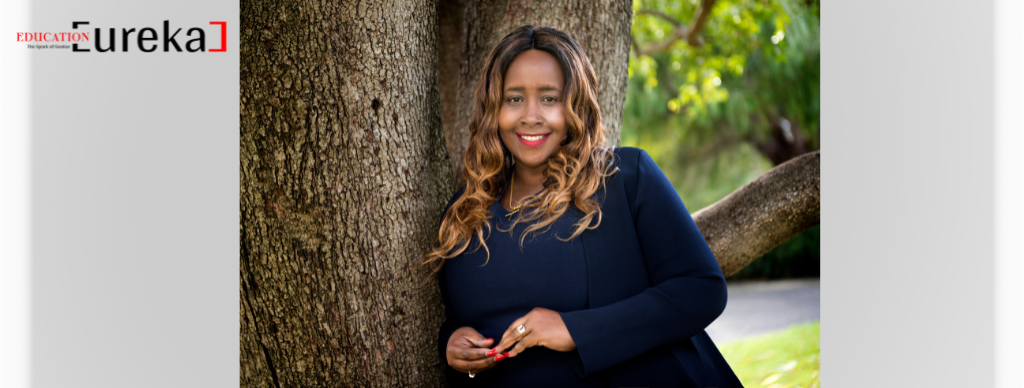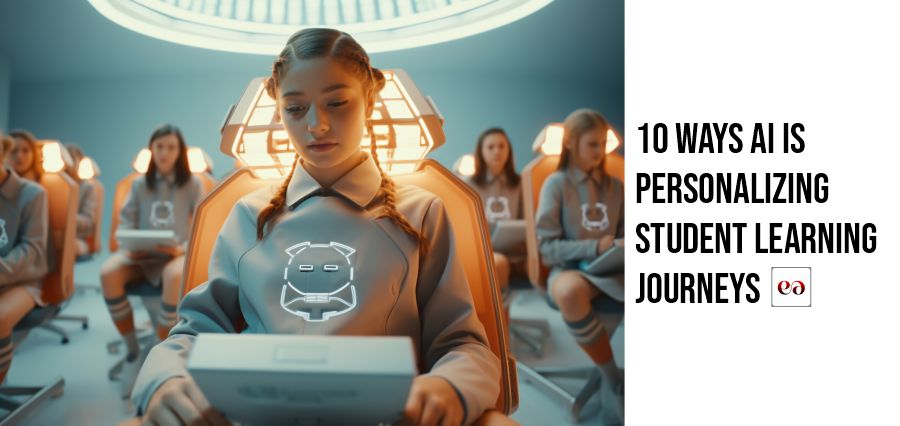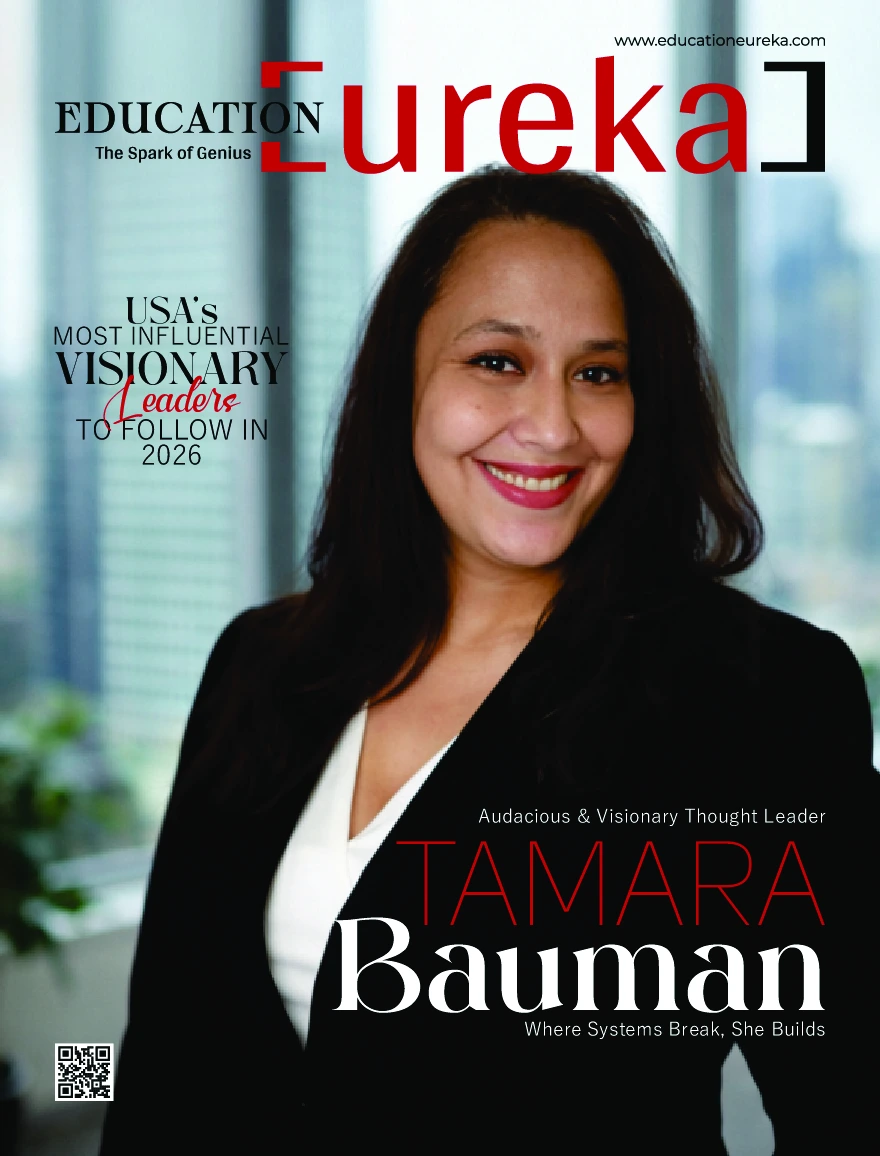
Creating opportunities for people with disabilities, women, and migrants to thrive through her leadership and vision!
A stroke can take away more than movement or speech. It can take away confidence, dreams, and the sense of control over life. For Emily Korir, it almost did. At the height of her career, she found herself unable to walk or speak. What followed was more than a year of difficult rehabilitation, each day demanding courage and persistence. Yet out of that season of silence and pain, she discovered a new voice, one that would go on to inspire thousands.
Today, Emily stands as the Chief Executive Officer of BET Group Global Pty Ltd, founder of the BET Foundation, award-winning author, and global keynote speaker. But behind the titles is a woman who rebuilt her life with resilience and chose to use her journey as a source of strength for others.
Her leadership carries a very personal mission. Emily believes that scars can be turned into stories of hope, and struggles can become platforms for change. This belief guides her work in disability inclusion, women’s empowerment, and migrant resilience. Instead of building enterprises for profit alone, she builds them to transform lives.
Emily calls her leadership style soft leadership; leading with empathy, authenticity, and vision. It is a reflection of her lived experience, where she learned that true strength often comes wrapped in vulnerability.
Through BET Group Global and the BET Foundation, she has created opportunities for marginalized voices to be heard and supported. Her advocacy stretches from boardrooms to communities, and her influence as an author and keynote speaker continues to spread across the world.
For Emily, hardship became a turning point rather than an end. Each obstacle offered her an opportunity to rediscover strength and meaning. Through the restoration of her voice and independence, she found a deeper sense of purpose that shaped her path forward. Her life reflects a belief that true resilience transforms challenges into beacons of hope for others. Emily hopes to be remembered as an advocate to end female genital mutilation, a practice still endured by over 200 million women, and prays for its end in her lifetime or her daughters’ lifetime.
Experiences That Shaped Her Mission for Disability Inclusion and Women’s Empowerment
Two experiences shaped Emily’s mission in a profound way.
The first was her own journey as a disabled woman after experiencing a stroke. That turning point revealed how workplaces, policies, and narratives are often created in ways that exclude people with disabilities. She chose to face those barriers with determination, carrying this fight not only for herself but also for millions of others across Australia, Kenya, and many other regions.
The second influence was her mother’s resilience. Her mother lived through injustices such as female genital mutilation and gender inequality, yet she carried herself with strength and dignity. Witnessing her mother’s courage instilled in Emily a lifelong commitment to ensure that women are valued as leaders, decision-makers, and creators of wealth.
How a Stroke Reshaped Emily’s Leadership and Vision
The experience of surviving a life-threatening stroke took away Emily’s mobility, speech, and independence. Yet in the midst of loss, she discovered clarity. She came to understand that leadership is about more than reaching results. It is also about serving with empathy and authenticity.
For BET Group Global, this understanding translated into embedding inclusion into every business model, showing that enterprises can remain both profitable and purposeful. Through the BET Foundation, the same clarity inspired programs that deliver practical support to women, migrants, and people with disabilities.
Her survival gave her more than a second chance at life. It gave her a vision of legacy.
Overcoming Barriers as a Disabled Entrepreneur
The barriers Emily encountered as a disabled entrepreneur included accessibility gaps, unconscious bias, and limited representation in leadership spaces. In many situations, disability was equated with inability, which required her to constantly prove otherwise.
She overcame these challenges by redefining the narrative around disability and embracing it as a platform of strength rather than limitation. Within her companies, she built inclusive systems designed to model the change she wanted to see. Through consistent results, she demonstrated that leadership with disability is both possible and powerful.
Each milestone of growth and impact became proof that disability serves as a different lens through which to lead, rather than a barrier to progress.
Leading with Heart While Driving Growth
Emily views leading with heart and driving business growth as two forces that work together in harmony. For her, heart ensures that enterprises remain centered on people, while growth provides sustainability and scale.
She creates models where compassion and strategy come together. One example is the staffing solutions she designs, which empower marginalized talent while also generating revenue. Her philosophy is rooted in a clear belief: when communities thrive, businesses also thrive.
Building Lasting Inclusion for Women and People with Disabilities
The strategies that have proven most effective in creating long-term social and economic inclusion for women and people with disabilities, according to Emily, begin with education and mentorship. She emphasizes the importance of equipping individuals with leadership and entrepreneurial skills, enabling them to step forward with confidence and vision.
Representation is another vital element she highlights. Ensuring that marginalized voices are present in decision-making spaces allows them to shape culture and policy in meaningful ways. For Emily, true inclusion requires that these voices influence the systems that guide society.
Economic empowerment stands at the core of her approach. She stresses that creating access to meaningful employment and business opportunities provides individuals with the resources to thrive and contribute. Alongside this, she underscores the role of policy advocacy. Challenging systemic barriers and shaping legislation that promotes equity ensures that progress is sustained and far-reaching.
Emily believes that inclusion becomes lasting when empowerment is viewed not as charity, but as an investment in society’s collective growth and future.
Overcoming Resistance in Multicultural and Disability Inclusion
One of the greatest challenges Emily faced involved confronting resistance to change. Many organizations supported inclusion in theory but delayed its application in practice, viewing it as costly or optional.
Emily addressed this challenge through a dual approach of education and evidence. In northern Adelaide, she led a project pioneering disability housing designed with style and class. By engaging partners and demonstrating leadership by example, she shifted accessibility from a niche concept to a mainstream conversation. Today, universal design forms part of Australia’s building standards.
By appealing to empathy through lived experiences and supporting it with concrete data on profitability and innovation, Emily demonstrated that effective advocacy requires bridging both reason and compassion.
Measuring Impact Beyond Profit
For Emily, impact is measured in transformed lives. She explains that the BET Group and the BET Foundation track the number of marginalized individuals who gain meaningful employment, the number of women who transition into leadership roles, and the number of people with disabilities who experience genuine inclusion.
Beyond statistics, Emily focuses on stories that reflect changed life paths; the migrant who now owns a business, the woman who discovered her voice, the disabled leader who mentors others. Profit holds importance, but legacy is measured through the lives that are touched and transformed.
Power of Empathy and Lived Experience in Building Inclusion
Empathy and lived experience serve as powerful forces that transform organizational cultures toward genuine inclusion. Policies may require inclusion, yet empathy ensures it becomes a lived reality every day.
Emily grew up in the slums of Kenya, where she experienced life as unseen and unheard. Later, she faced exclusion as a disabled person after surviving a stroke. These personal experiences shaped her ability to lead with vulnerability and authenticity. Through her example, she demonstrates that when leaders embody empathy, organizations move away from tokenism and embrace true inclusion.
Building Resilience Through Gratitude, Vision, and Support
Emily believes resilience is nurtured through gratitude, a shared vision, and strong support structures. She begins each business day by encouraging her team to share one thing they are grateful for, a simple act that builds unity and perspective.
She openly shares her story of surviving a stroke to remind her teams that obstacles represent challenges to overcome rather than endpoints. This approach reinforces a shared vision and inspires perseverance.
Emily ensures her teams have the support they need to thrive, offering mentorship and flexibility as part of her commitment to their growth.
One of her proudest upcoming milestones is the establishment of the first-ever respite center for people with disabilities in Kenya. Land has been generously donated, and on October 17, 2025, the BET Foundation will host a fundraiser at the Adelaide Convention Centre to bring this dream to life. The center will serve as a space of hope for children with disabilities and their mothers, standing as a legacy project close to Emily’s heart.
Essential Leadership Qualities for Driving Systemic Change
Emily believes the essential qualities for leaders who aim to create systemic change in communities facing multiple layers of discrimination include courage, empathy, vision, resilience, and integrity. She explains that courage allows leaders to confront systems of injustice directly. Empathy enables them to amplify the voices of marginalized groups.
Vision gives them the ability to see beyond immediate barriers and imagine long-term solutions. Resilience helps them continue pushing forward despite resistance. Integrity ensures that their values remain aligned with their actions. Emily emphasizes that systemic change demands leaders who are bold, compassionate, and relentless in their pursuit of justice.
Impact of Recognition on Advocacy and Global Influence
Receiving the Medal of the Order of Australia proved both humbling and empowering for Emily. The honor elevated her voice, providing a platform to advance disability inclusion, gender justice, and migrant resilience on both national and global levels.
Awards serve as gateways, offering opportunities rather than being mere trophies. For Emily, they act as powerful tools; megaphones that extend the reach of her advocacy. They create connections with policymakers, corporate leaders, and international networks, enabling her to broaden her impact and drive meaningful change.
Legacy in Disability Inclusion, Women’s Empowerment, and Leadership
Emily believes her legacy will not be measured in titles or businesses, but in lives transformed. She wants to be remembered as a woman who turned adversity into advocacy, who built enterprises that empowered, and who proved that inclusion is not only moral but strategic.
She hopes to leave behind a world where:
• Disability is seen as diversity.
• Women lead unapologetically.
• Entrepreneurial leadership is defined by compassion and courage.
Above all, she wants to be remembered for changing the narrative in housing for people with disabilities in Africa and Australia, for bringing style and dignity to disability housing, and for proving, as her grandmother always said, do not let anyone else’s perception of you become your reality.
“My legacy will not be measured in titles or businesses, but in lives transformed. I want to be remembered as a woman who turned adversity into advocacy, who built enterprises that empowered, and who proved that inclusion is not only moral but strategic.”
“I want to be remembered for changing the narrative in housing for people with disabilities in Africa and Australia, for bringing style and dignity to disability housing, and for proving as my grandmother always said, don’t let anyone else’s perception of you become your reality.”
“Awards open doors, but I see them as tools, not trophies. They are megaphones that expand the reach of advocacy, connecting me with policymakers, corporate leaders, and international networks to scale impact.”


Welcome to the future of digital storytelling, where creativity meets innovation. We’re not just a magazine platform; we’re a team of passionate visionaries committed to transforming how stories are shared, celebrated, and experienced in the digital age. Join us as we inspire, inform, and redefine the world of digital magazines.
© Copyright 2025 | educationeureka | All Rights Reserved.